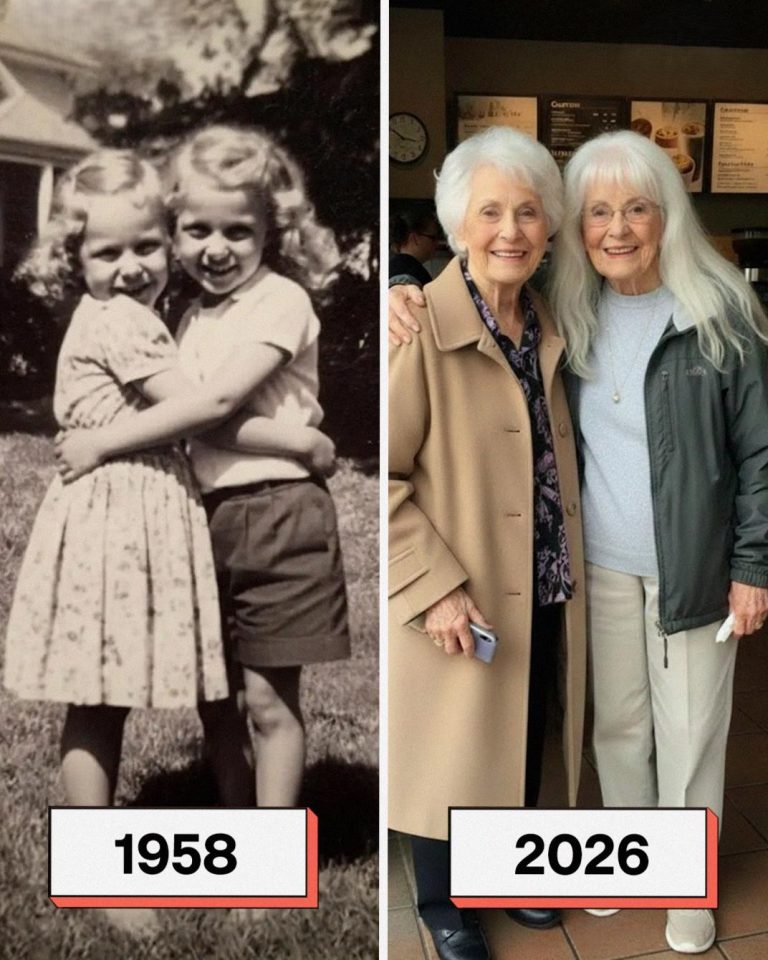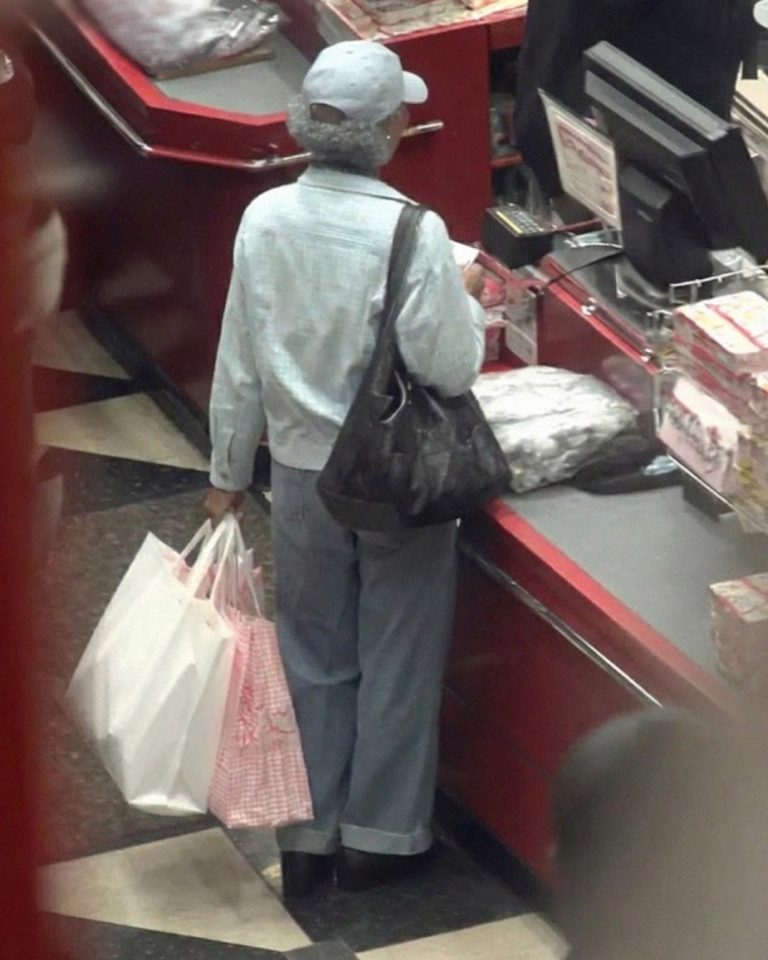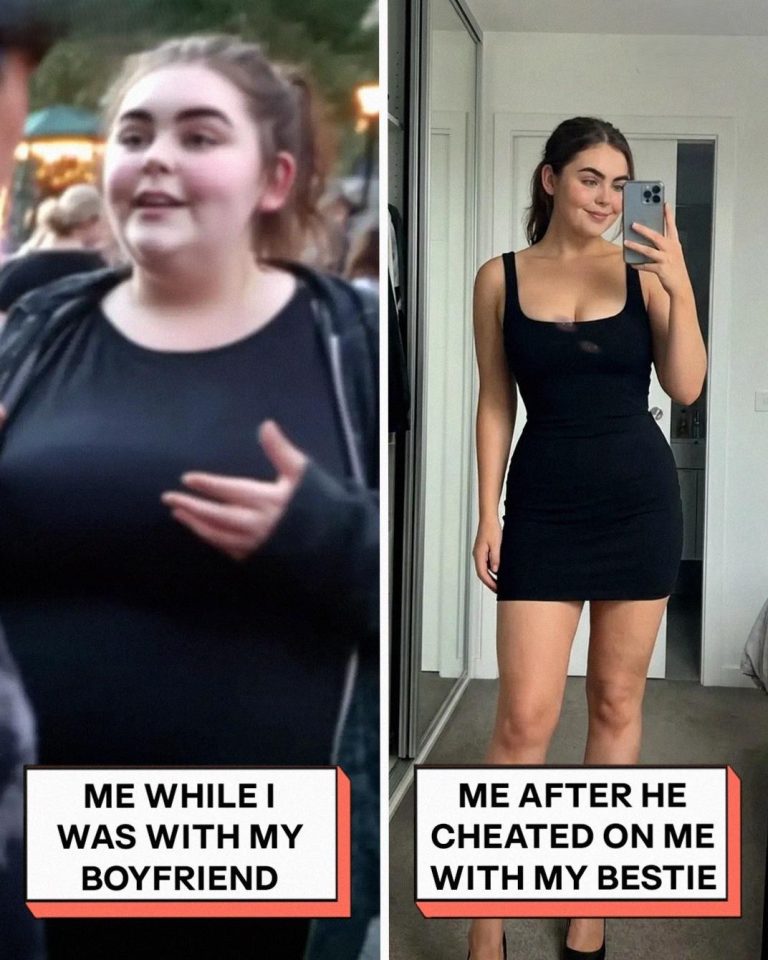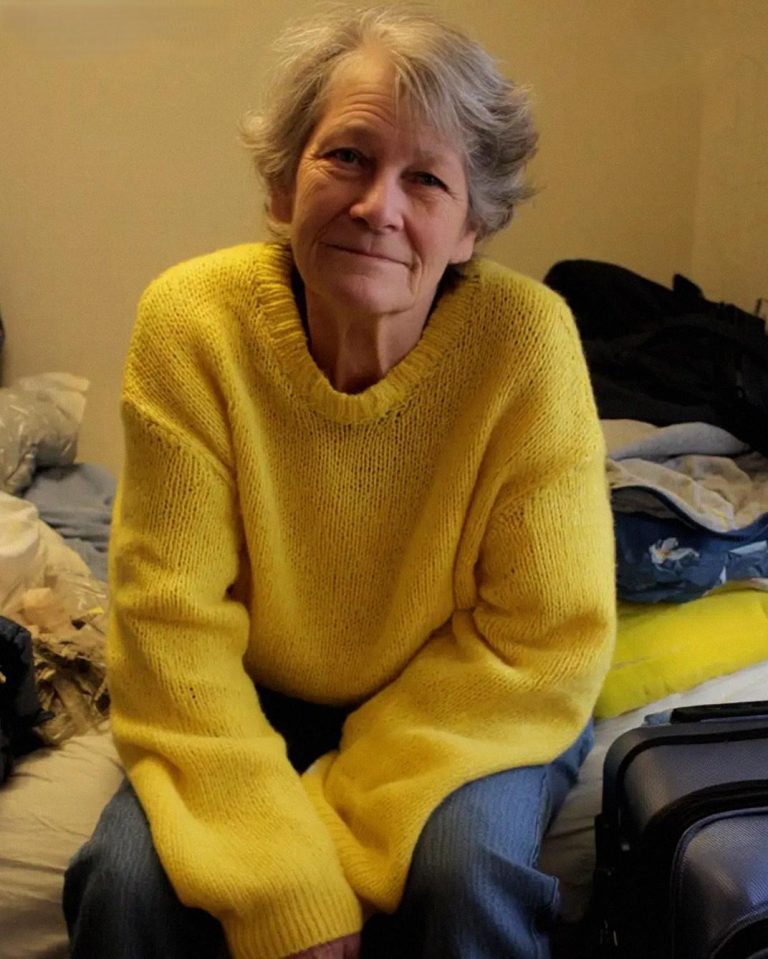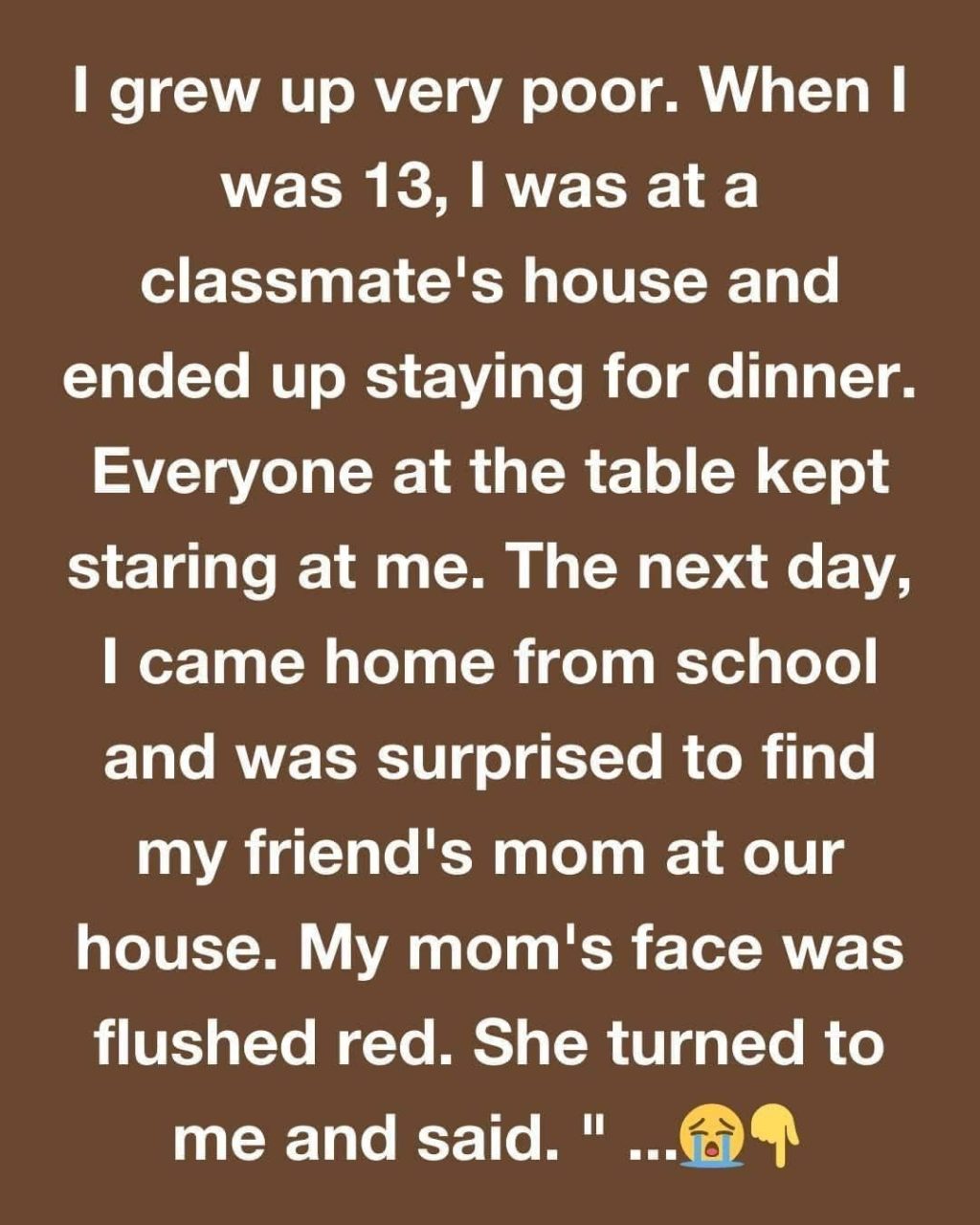
I grew up very poor.
When I was thirteen, I was invited to a classmate’s house and ended up staying for dinner. It was one of those rare moments when I felt included — like maybe I wasn’t that different from everyone else after all.
But as we sat at the dinner table, I began to notice something strange. Everyone kept glancing at me — the parents, the siblings, even my classmate. Their eyes darted between me and the food, and though they tried to act normal, I could feel the awkward tension sitting in the air like a heavy fog.
I tried to eat slowly, politely — but I was starving. I hadn’t eaten much that day, maybe just a piece of bread before school. The smell of the roast chicken, mashed potatoes, and gravy was too tempting to resist. I cleaned my plate and thanked them over and over for the meal.
They smiled kindly but said very little. I didn’t understand why at the time.
The Next Day
When I came home from school the next day, I saw an unfamiliar car parked outside our small, run-down house.
As I stepped inside, I froze. My classmate’s mother was sitting at our tiny kitchen table. Her hands were folded neatly in her lap, and she looked both kind and uneasy.
My mom was standing by the sink, her face flushed red, her eyes glossy as if she had been crying.
For a long moment, no one said a word. I glanced between them, completely confused.
Then my mom turned to me, her voice trembling slightly.
“Sweetheart,” she said softly, “your friend’s mother came to see me today.”
I looked at my classmate’s mom, who smiled gently but with sadness in her eyes.
A Difficult Conversation
Apparently, during dinner the night before, I had eaten too quickly — hungrily. So hungrily that it had shocked them all.
After I left, my friend’s mom had realized what that meant. She could tell — by the way I scraped every bit of food from the plate, by the way my hands shook when I reached for the bread — that I wasn’t just hungry. I was used to being hungry.
She told my mom she didn’t come to offend her or embarrass her. She came to help.
My mom’s face turned crimson. She was proud — fiercely proud — and she’d always done everything she could to provide for us. But we were struggling, living paycheck to paycheck, sometimes skipping meals so we could pay for heat or school supplies.
I watched as my mom tried to smile, tried to thank her politely, but her voice cracked. “We’re fine,” she said. “We’re managing.”
The woman stood up, walked over, and gently placed an envelope on the counter.
“I know it’s hard to accept help,” she said softly. “But please, don’t think of this as charity. Think of it as one mother helping another.”
The Envelope
After she left, my mom opened the envelope. Inside was $300 — in cash.
To a poor family like ours, that was a small fortune. But more than the money itself, it was what it represented: kindness without judgment.
That night, my mom made spaghetti with meat sauce and garlic bread — the first real dinner we’d had in weeks. She sat across from me, quiet for most of the meal. Then she sighed and said,
“Promise me something, sweetheart. When you grow up, and if you ever have more than enough — help someone who doesn’t. But do it quietly, with dignity. The way she did today.”
I nodded, not fully understanding then, but those words would stay with me for the rest of my life.
Years Later
Twelve years passed. I worked hard, got a scholarship, and eventually built a successful career. My mom passed away a few years later, but before she did, she reminded me of that night — of the kindness we received and the lesson behind it.
Fast-forward to today: I now manage a company with over a hundred employees. And one afternoon, during lunch, I noticed one of my interns — a shy young woman — sitting alone in the cafeteria. She wasn’t eating.
Something about her eyes — that same mix of pride and quiet hunger — struck a deep chord in me.
So, I sat beside her and asked if she’d like to join me for lunch. She hesitated, but eventually agreed.
As we ate, I learned her story. She was working two jobs, taking night classes, and sending money home to her younger siblings. Her voice cracked when she admitted she sometimes skipped meals to make sure they had enough.
That night, I remembered my mom’s words.
Returning the Kindness
The next morning, I asked HR to make her a full-time employee — with benefits and a proper salary. When she came into my office, I told her it was because of her dedication and potential, not charity.
Her eyes filled with tears. She tried to thank me, but I stopped her.
“Just promise me one thing,” I said, smiling. “When you’re in a position to help someone else — do it quietly.”
She nodded, her voice trembling. “I will.”
The Full Circle
That night, I sat in my car and cried — not out of sadness, but gratitude.
Gratitude for my mom, for that kind woman so many years ago, and for the lesson that has followed me all my life: true kindness doesn’t shout; it whispers.
It doesn’t demand recognition. It simply passes from one person to another, like a light carried through darkness.
And maybe — just maybe — that’s how the world really changes.
One dinner table at a time.
